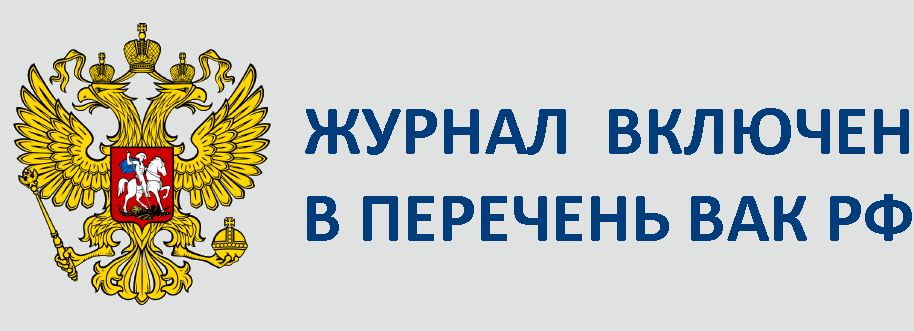№3-2024-03
УДК 94(430).082
DOI: 10.22281/2413-9912-2024-08-03-20-28
Власов Н.А.
ОБРАЗ РОССИЙСКОГО ПАНСЛАВИЗМА В ГЕРМАНСКИХ ПАРЛАМЕНТСКИХ
ДЕБАТАХ ПОСЛЕДНЕЙ ТРЕТИ XIX ВЕКА
Представленное исследование посвящено образу российского панславизма в выступлениях депутатов германского рейхстага в 1871–1895 гг. Данный период являлся временем кардинального ухудшения российско-германских отношений. Значительную роль в этом процессе играло немецкое общественное мнение, в формировании которого активно участвовали политические партии и парламентские институты. Изучение парламентского дискурса, таким образом, дает возможность лучше понять политические решения в сфере международных отношений. Источниковую базу исследования образуют протоколы заседаний рейхстага, в качестве метода использовался качественный контент-анализ. Основной вывод заключается в том, что на протяжении рассматриваемого периода существовал общий для всех германских политических сил негативный образ российского панславизма. Этот образ присутствует в выступлениях депутатов рейхстага со второй половины 1870-х гг. Российский панславизм воспринимался представителями всех партий – от социал-демократов до консерваторов – как могущественная, враждебная Германии сила, способная влиять на принятие политических решений в Российской империи и спровоцировать войну между двумя странами. В рамках такой трактовки ухудшение двусторонних отношений воспринималось как естественное следствие деятельности российских панславистов.
Ключевые слова: панславизм, рейхстаг, российско-германские отношения, образ России, парламентские дебаты, политические партии.
Vlasov N.A.
THE IMAGE OF RUSSIAN PAN-SLAVISM IN THE GERMAN PARLIAMENTARY
DEBATES DURING THE LAST THIRD OF THE XIX CENTURY
The main topic of this research is the image of Russian pan-Slavism in German parliamentary discourse. The last third of the 19th century was the time of dramatic change in Russian-German relations – from an alliance to the membership in opposing military blocs. The driving forces of this deterioration were not only international politics and economy. Public opinion, especially in Germany, also played an important part in this process. Not entitled to take part in foreign policy decision making immediately, German political parties were able to influence public opinion on international issues. Therefore, the study of parliamentary debates makes it possible to understand the cooling of Russian-German relations. The sources of this research are minutes of parliament meetings from 1871 to 1895. Qualitative content analysis was chosen as the most appropriate method for this research. Main finding of this research id the existence of a single image of Russian pan-Slavism in German political parties from Conservatives to Left Liberals and Social Democrats. The use of this image was determined by the particular topic and corresponding interests of the party, but its key features remained the same. Pan-Slavism was perceived and presented as a powerful force in Russian society that was able even to overrule the emperor and to dictate political decision. This force was invariably hostile to Germany and constantly warmongering. Within the framework of this interpretation, the deterioration of bilateral relations was perceived by German society as a natural consequence of the activities of Russian pan-Slavists.
Keywords: pan-Slavism, Reichstag, Russian-German relations, the image of Russia, parliamentary debates, political parties.
Санкт-Петербургский государственный университет (Россия)
Saint-Petersburg State University (Russia)

Это произведение доступно по лицензии Creative Commons «Attribution-ShareAlike» («Атрибуция — На тех же условиях») 4.0 Всемирная






